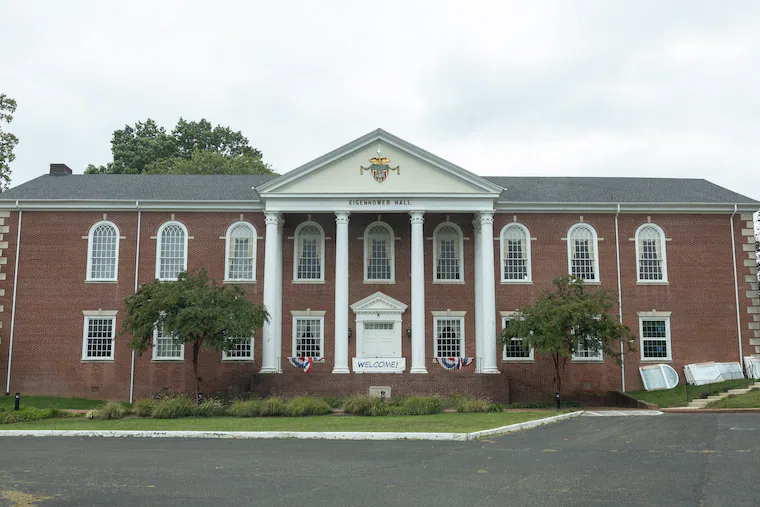Copyright The Philadelphia Inquirer

Amid a financial tailspin and organizational upheaval, leaders at Valley Forge Military College have expressed interest in joining President Donald Trump’s plan for conservative colleges that would provide preferential access to federal education funding. Trump’s proposed Compact for Academic Excellence in Higher Education offers the promise of federal funding in exchange for a pledge from university administrators to promote “American and Western values,” end DEI programs, adopt biological gender definitions, and shut down departments that criticize conservatives, among other requirements. Described by the president as part of a war on “woke,” the compact has triggered First Amendment complaints from critics and raised fears it could allow university administrators to punish LGBT students or liberal professors. Some institutions that have publicly sparred with Trump, such as the University of Pennsylvania, were given the document as an ultimatum. Penn declined to participate. Other schools — including the New College of Florida, a once-progressive school that underwent a conservative takeover led by Florida’s Republican governor — volunteered to sign on. In a letter to the U.S. Department of Education on Oct. 28, leaders of the Valley Forge Military Academy Foundation, the nonprofit that runs the college, wrote that the two-year program would be honored to become the first military college to sign the compact. “Our mission — to educate, train, and inspire the leaders of tomorrow — aligns naturally with the Compact’s goals of promoting institutional excellence and preparing students for meaningful contributions to society,” the letter states. Signed by college president Col. Stuart B. Helgeson and board chairman John English, the letter does not mention politics or enshrining conservative values on campus. But it expressed “full support and enthusiasm for the Compact’s objectives” and the college’s ”values of academic rigor, leadership, and character development.” The military college is soon to be the last surviving legacy of the once-elite Valley Forge Military Academy. The storied academy, known as “the Forge” to many alumni, has grappled with a yearslong financial crisis amid declining enrollment and lawsuits over alleged cadet abuse, culminating in the surprise announcement in September it would close next year. There is no guarantee the school will finish the current academic year, as cadets and faculty have been leaving campus since the closure announcement. Last week, the boarding school announced it would briefly go virtual after Thanksgiving before resuming in-person classes in January, which some parents said was due to a shortage of tactical officers. In an effort to stave off financial ruin, Helgeson and the board have sought a variety of sometimes unconventional moneymaking endeavors, including licensing the academy’s brand to a Qatari military school, selling off pieces of the campus to luxury homebuilders, and repeatedly seeking to open a publicly funded charter school on campus. For some alumni, watching the rebranding efforts has been heartbreaking. When Robert Bohrer was a cadet in the 1960s, the academy was at its peak with thousands of cadets and graduating future military leaders like Gen. H. Norman Schwarzkopf Jr. It featured a robust sports program and a lauded marching band, and the campus hosted esteemed guests from Dwight Eisenhower to Winston Churchill. Bohrer, a retired U.S. Air Force colonel, recalled that most of suburban Chester County was deeply conservative at the time, and the academy’s founder, General Milton G. Baker, was a “big wig in the Republican party.” But he said political ideology was never part of the core curriculum. “It wasn’t thrown down our throats,” he said. “It was about discipline.”



